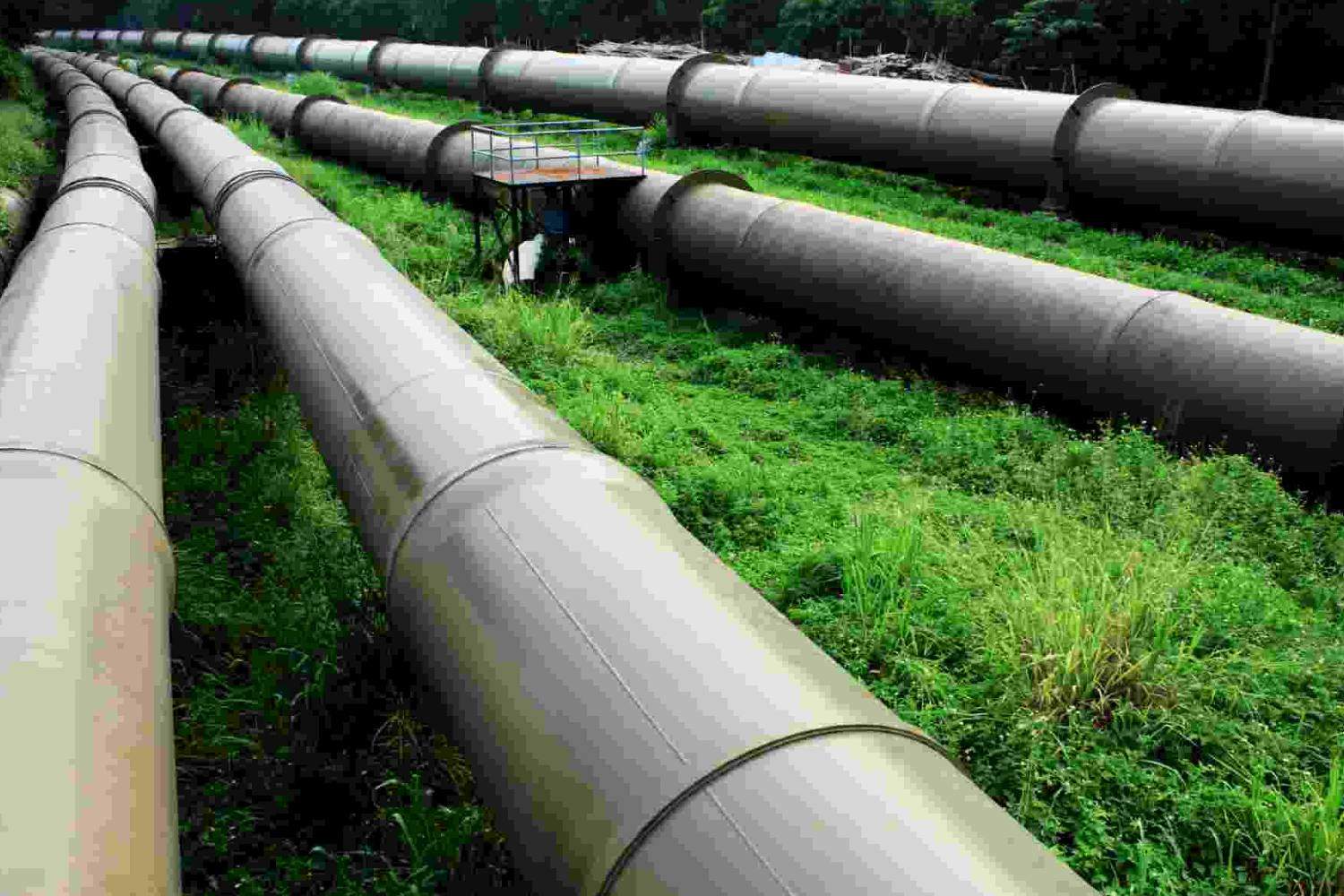
New data from Eurostat, the European Union’s statistical office, has confirmed Algeria as the continent’s second largest exporter of natural gas via pipeline during the first quarter of 2025.
Algeria supplied 19.4% of the EU’s natural gas needs through pipelines, second only to Norway, which accounted for 52.6% of the EU’s pipeline gas imports.
The report highlights a 19% increase in the financial value of Algeria’s natural gas exports compared to the same period last year, underscoring the growing importance of Algerian energy supplies to Europe’s energy mix.
Europe relies heavily on Algeria’s natural gas via two key routes: the Transmed pipeline, which connects Algeria to Italy with an export capacity of around 32.5 billion cubic meters, and the Medgaz pipeline, linking Algeria to Spain and capable of transporting over 8 billion cubic meters annually.
Despite Algeria’s strong position in pipeline exports, the European natural gas market remains highly dynamic. The Eurostat report reveals that liquefied natural gas (LNG) imports led by the United States dominated Europe’s overall natural gas supply by value during the same period.
US LNG accounted for approximately 50.7% of Europe’s LNG imports, far outpacing Russia’s 17.0% and Qatar’s 10.8%.
The geopolitical fallout from the Russia-Ukraine conflict has accelerated Europe’s shift towards US LNG. In 2023, the EU imported 120 billion cubic meters of LNG, with the United States supplying half of that total.
This represents a near tripling of US LNG imports compared to 2021, reflecting Europe’s urgent diversification of its gas sources.
As energy security remains a top priority for the EU, Algeria’s role as a reliable pipeline supplier and the expanding LNG market continue to shape the continent’s energy landscape in a rapidly changing geopolitical environment.



